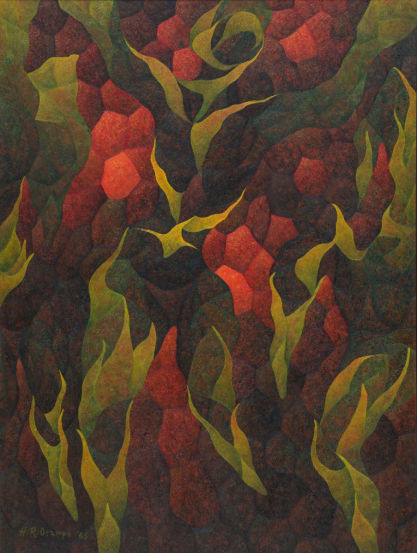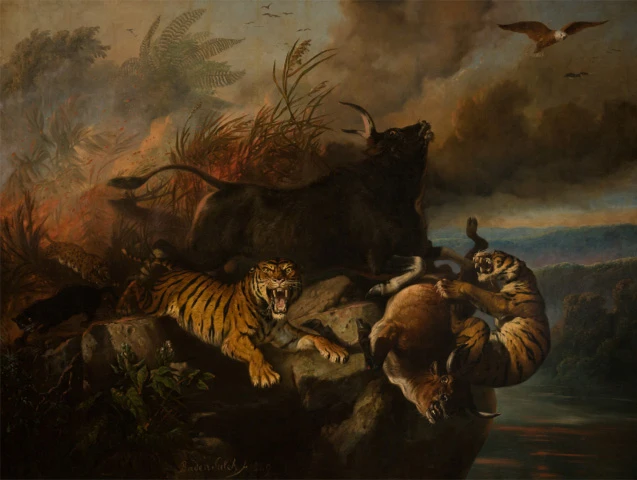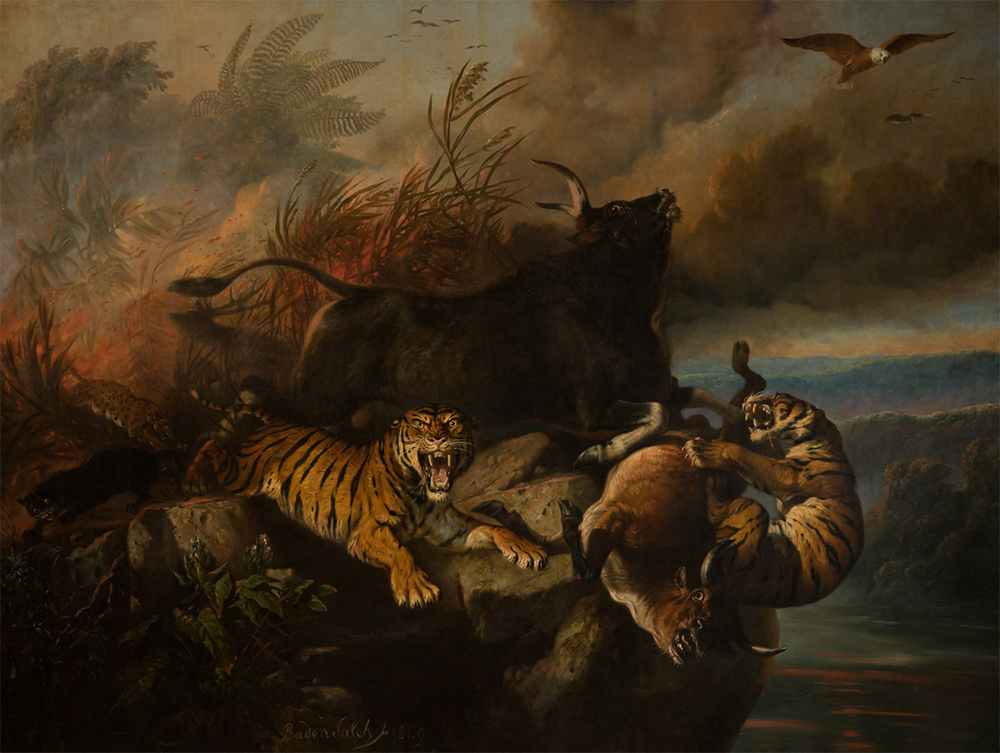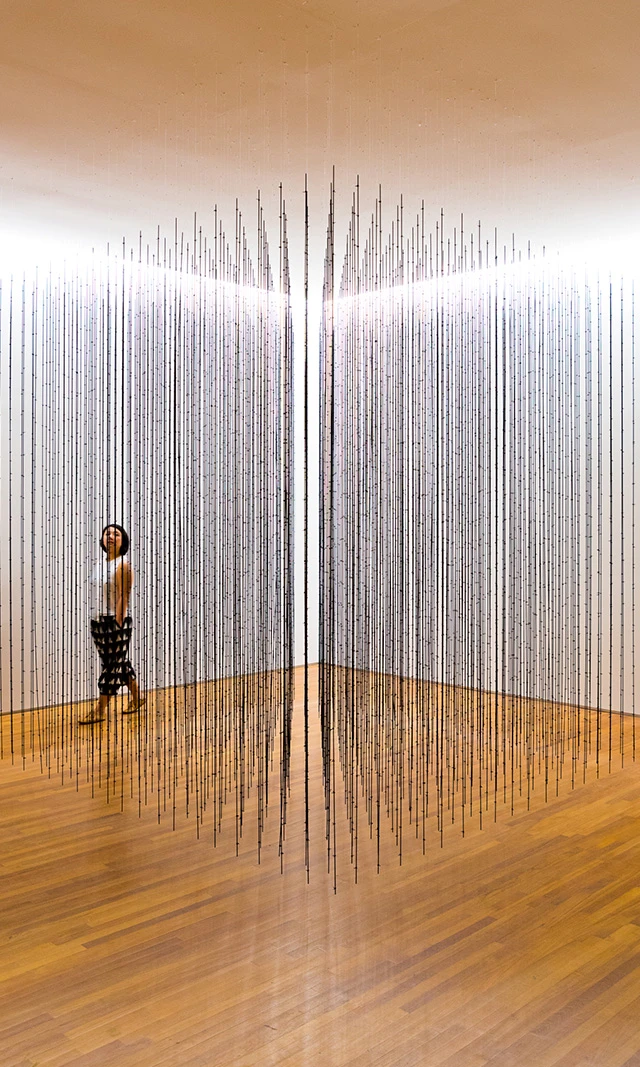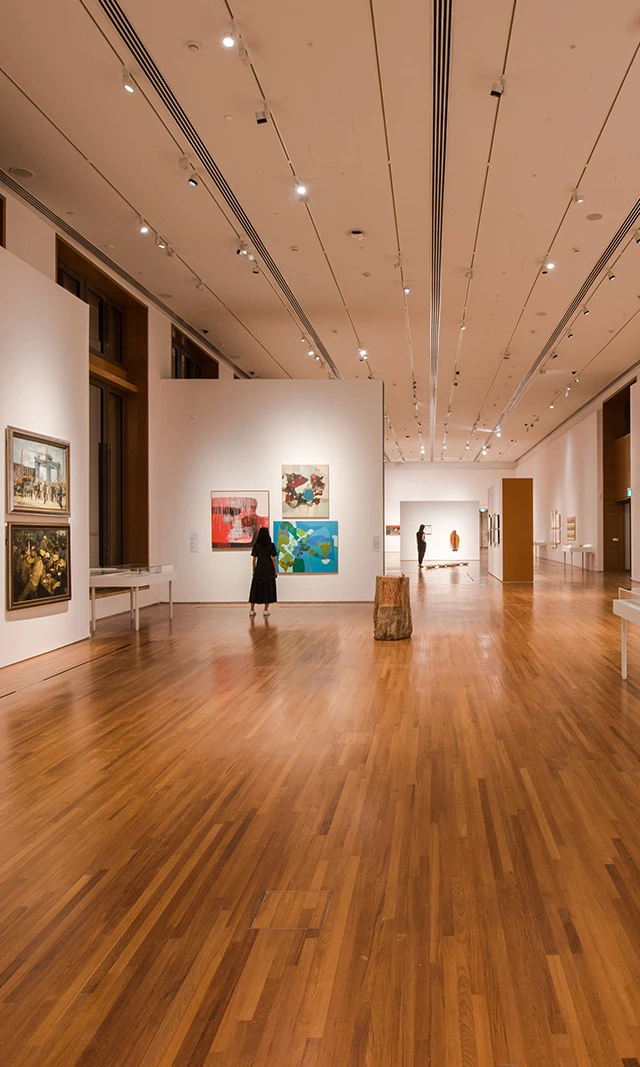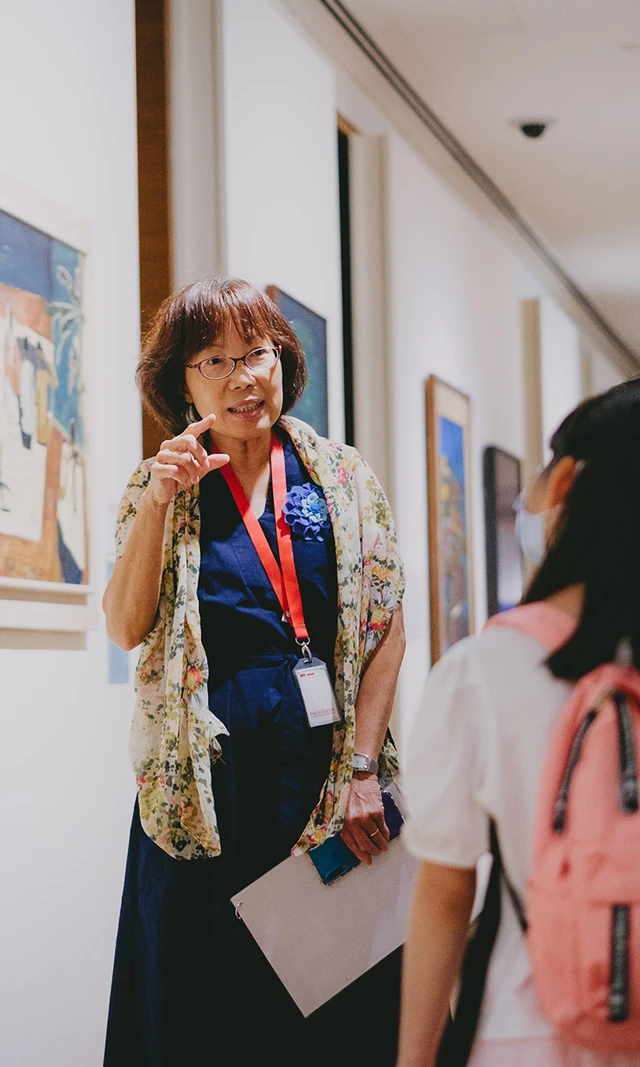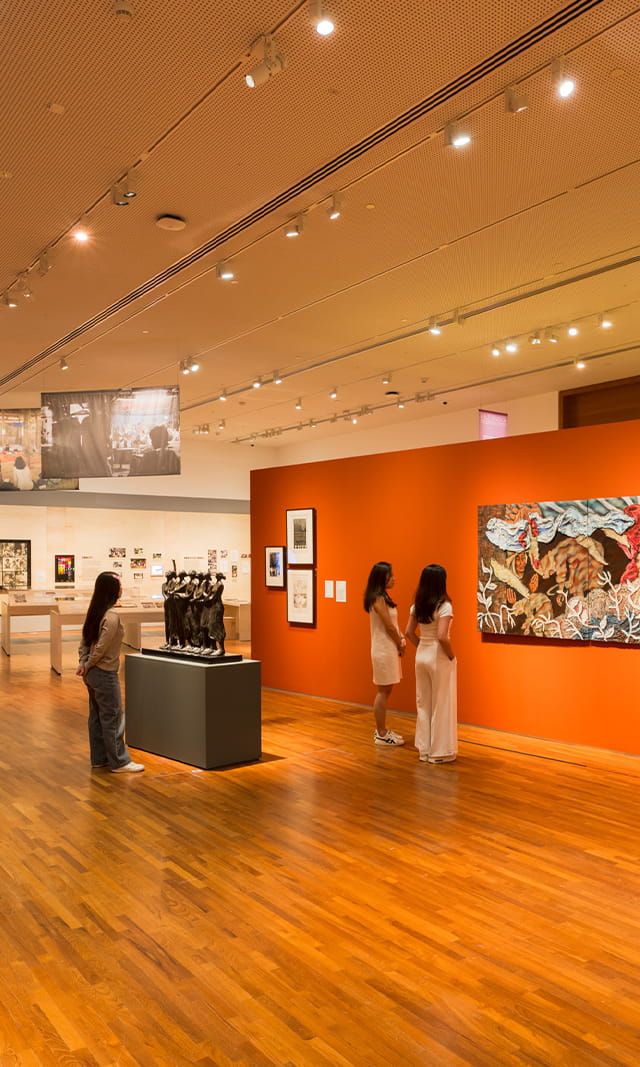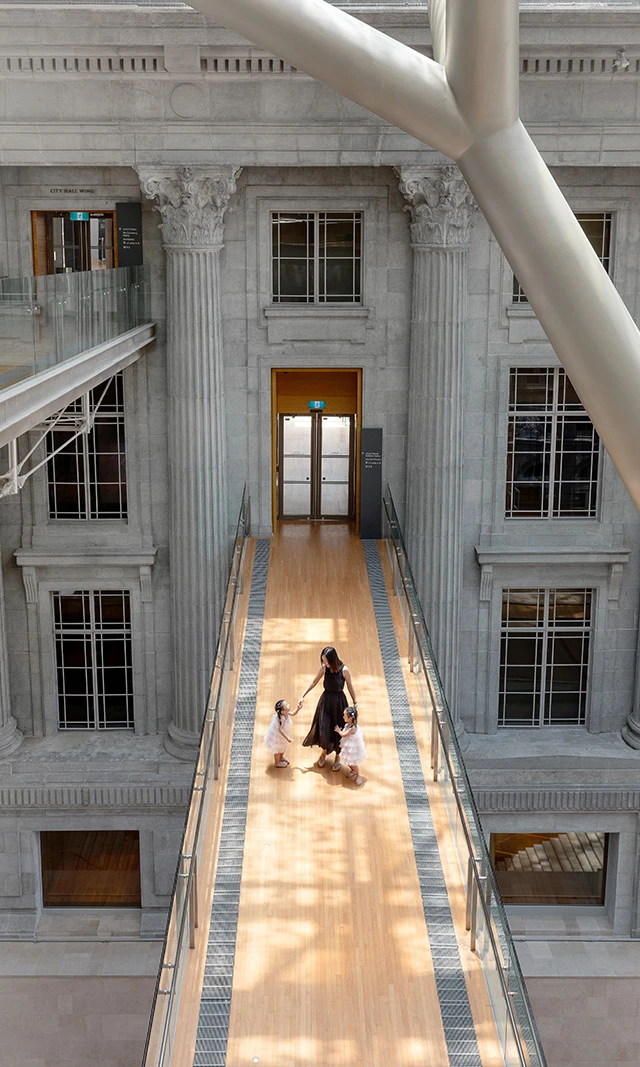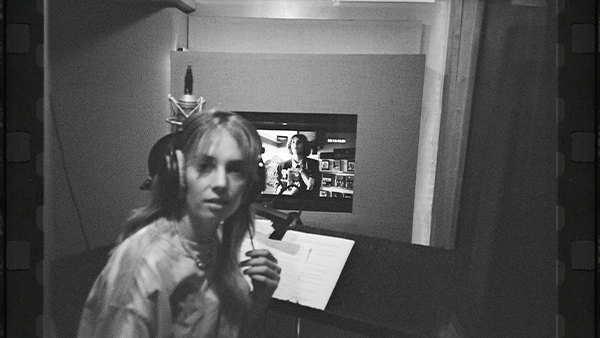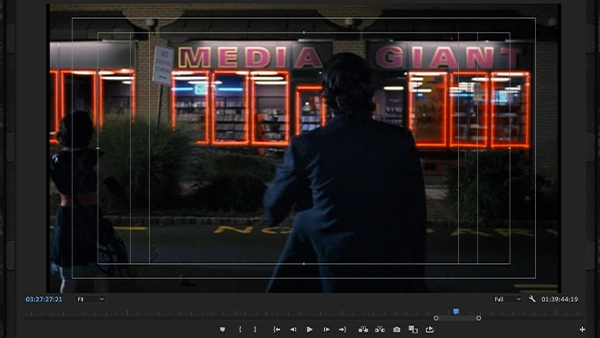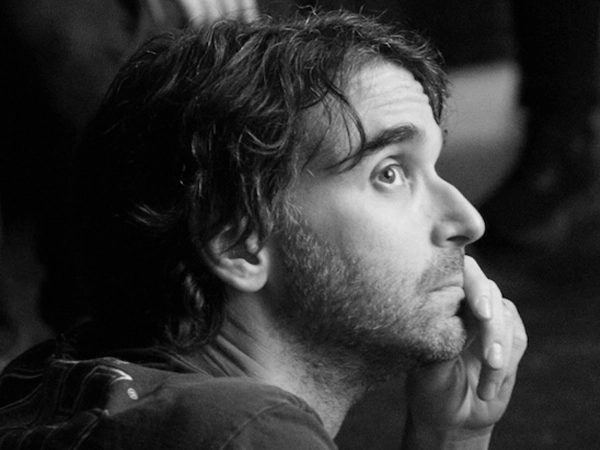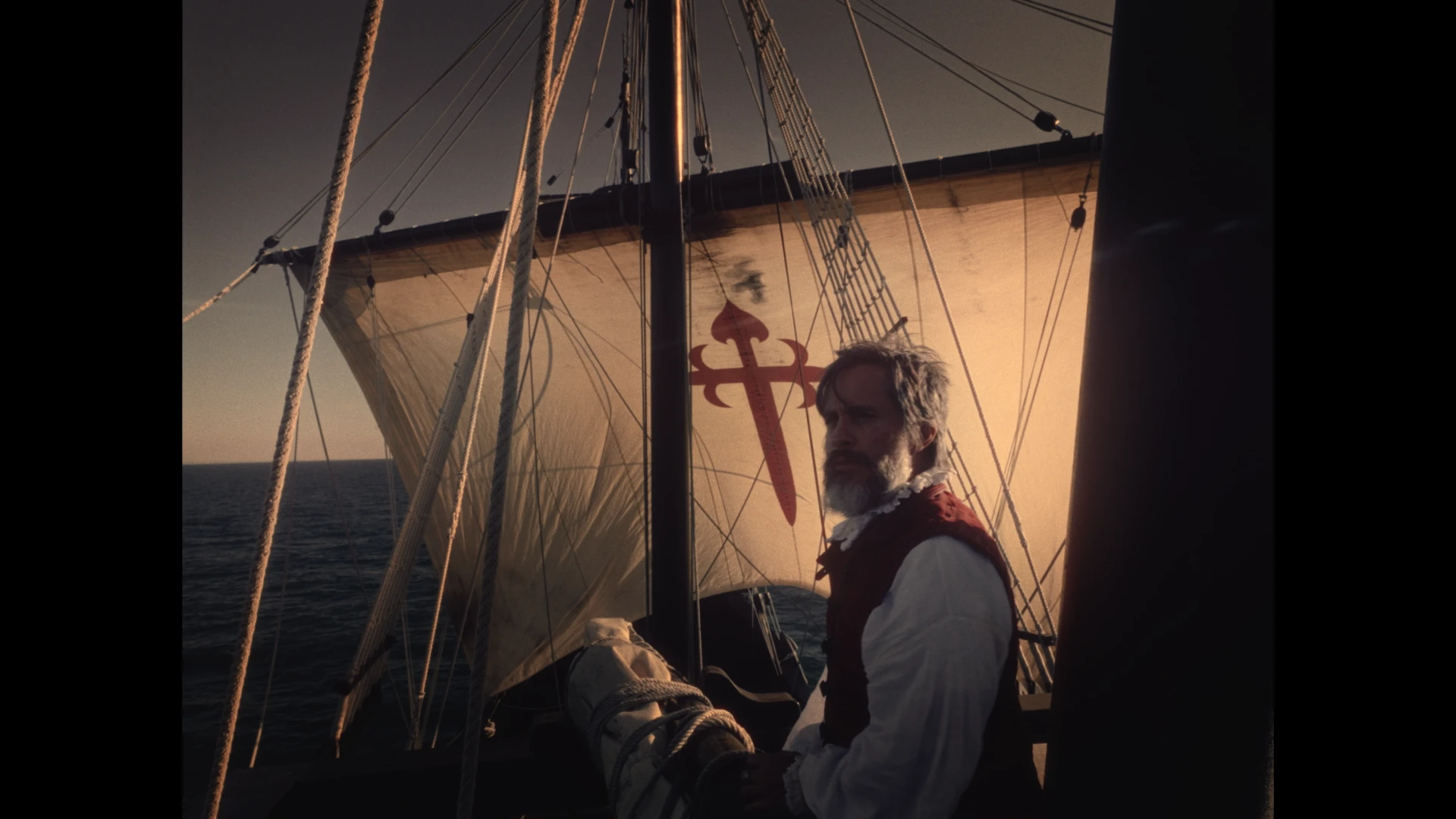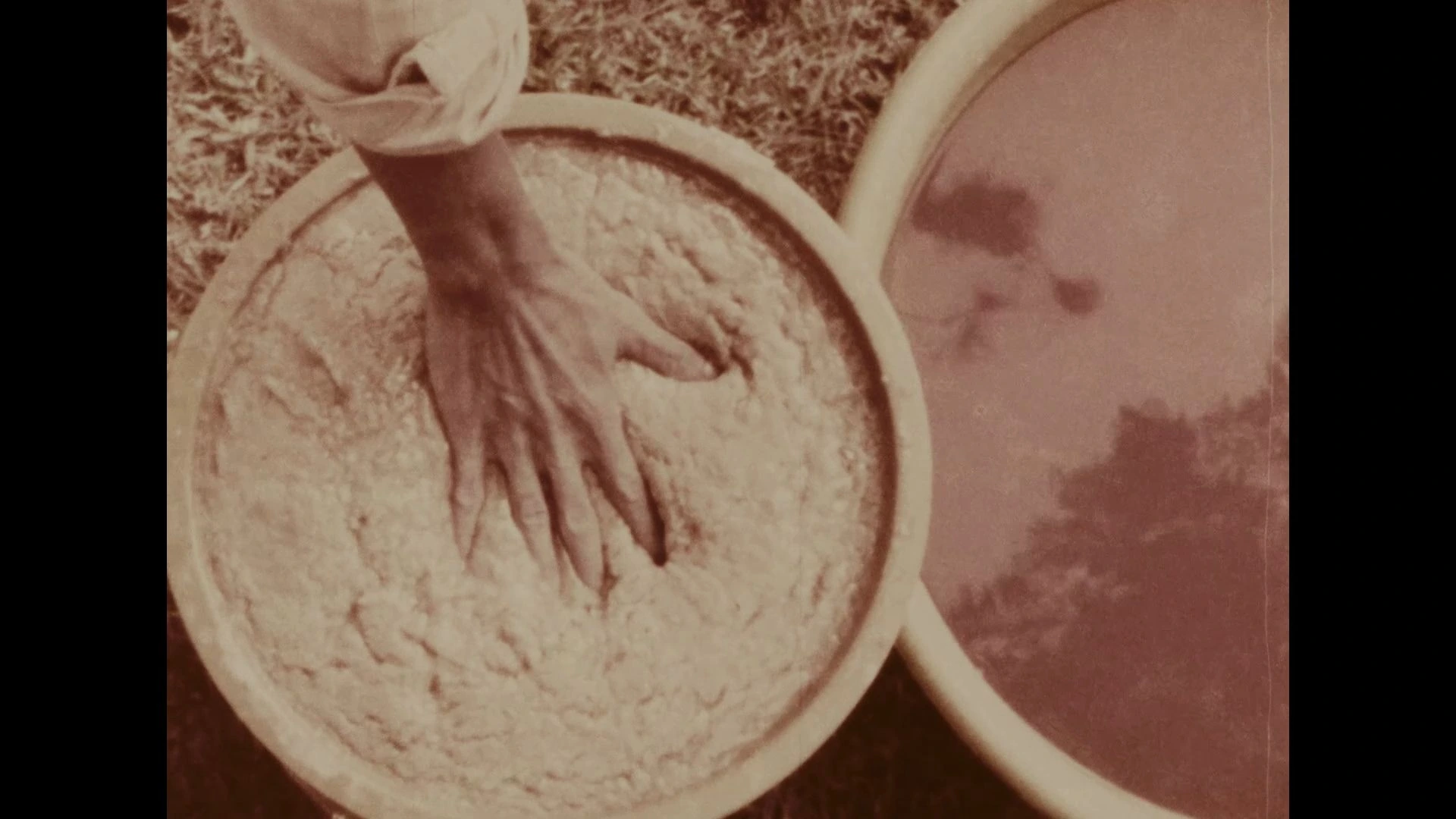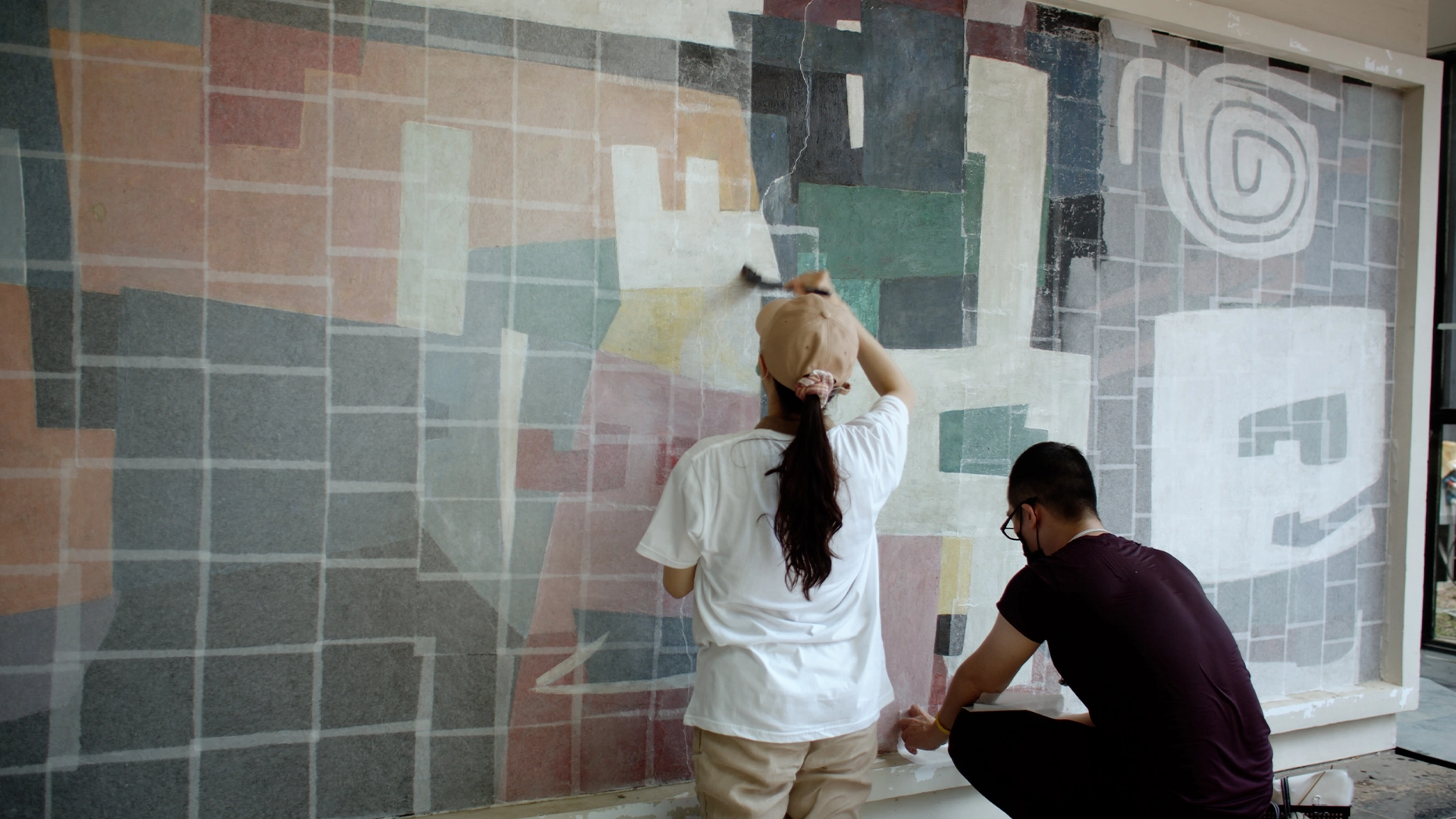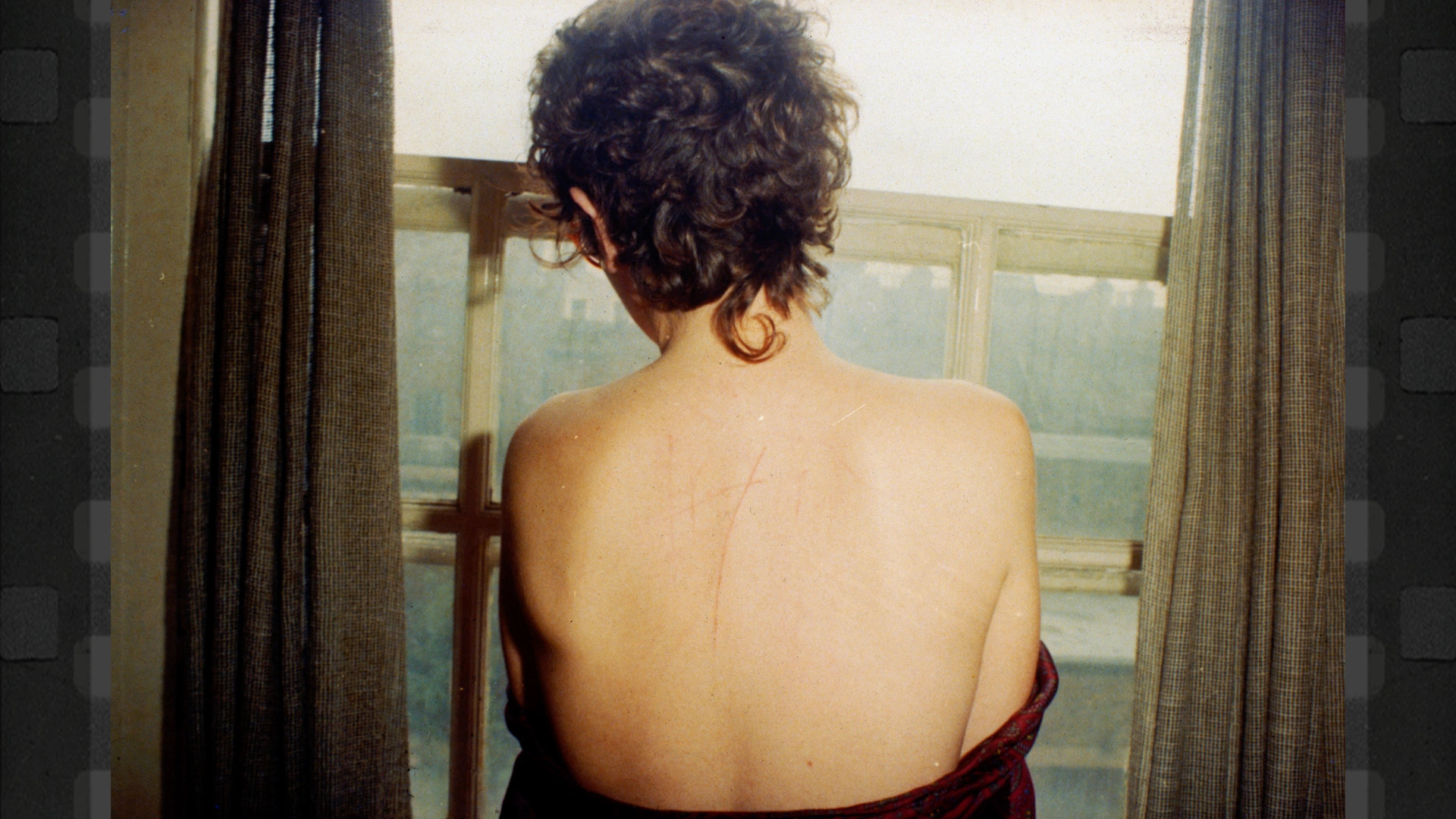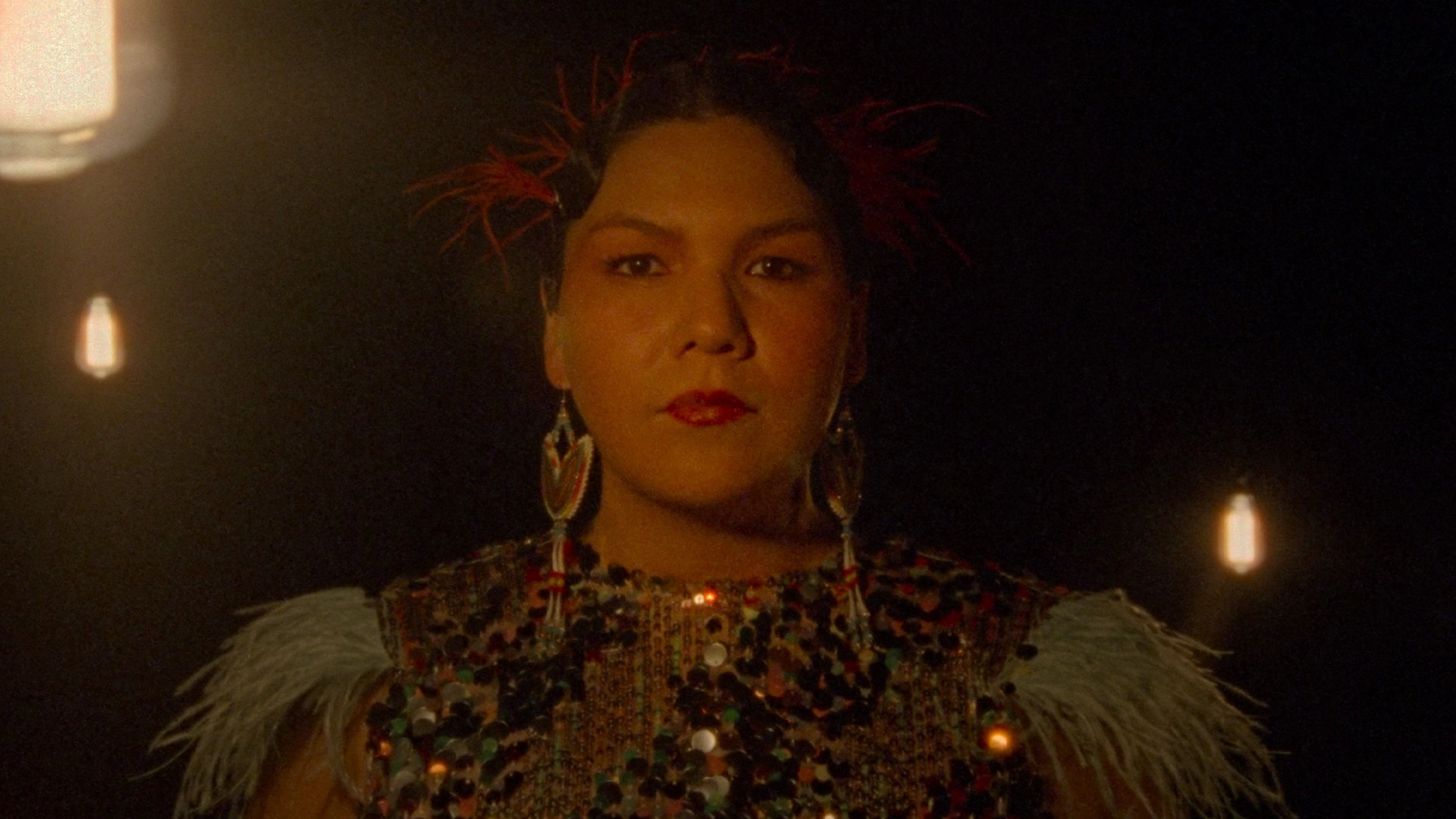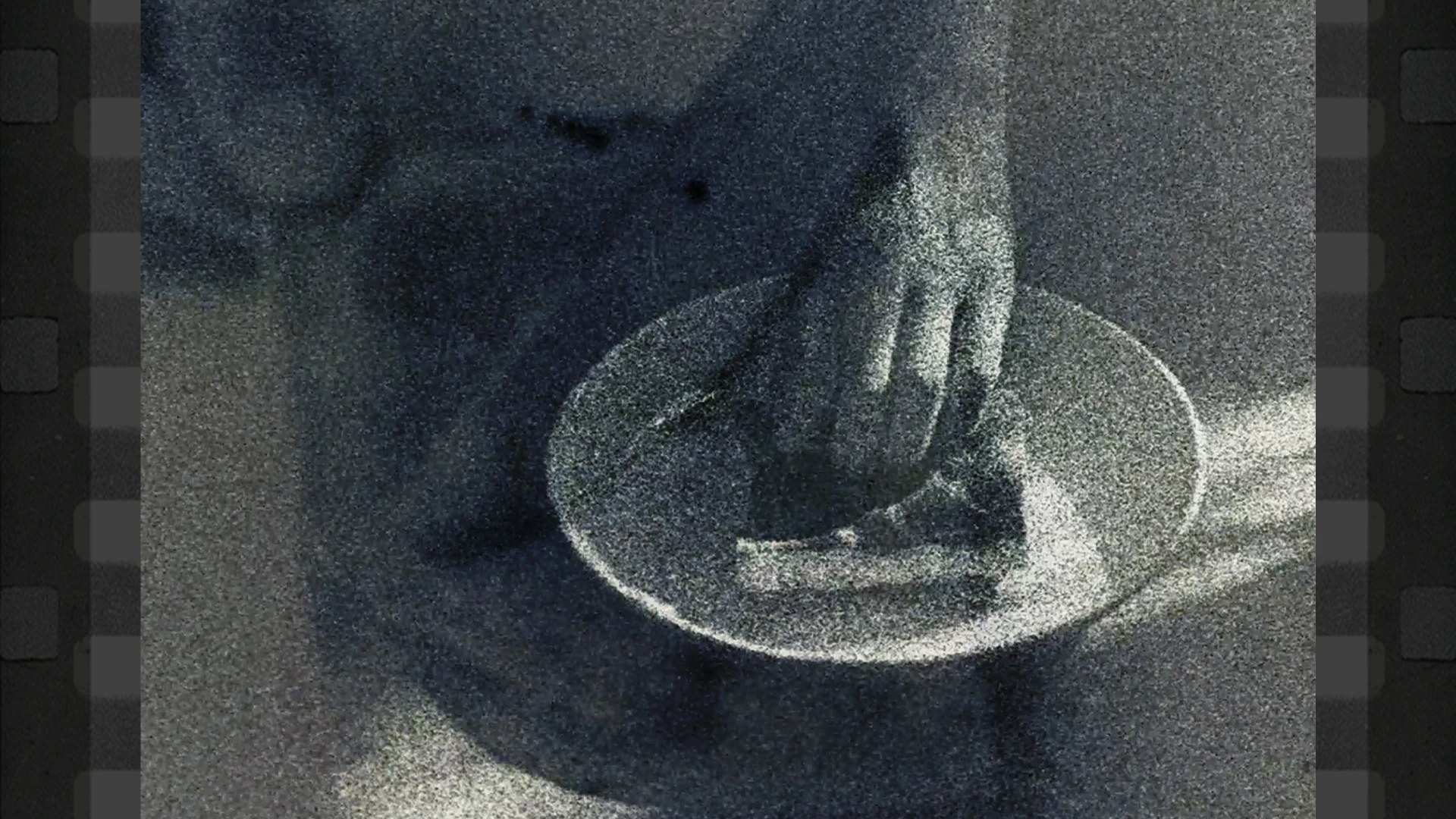VIDEOHEAVEN
By Alex Ross Perry
About the Film
For some forty years, from the late 1970s to the late 2010s, video stores were ubiquitous, vital spaces that shaped film culture, and re-defined the way we interacted with movies and each other. Today, video stores as physical spaces exist mainly in the past. For many, the only way to visit them now is through their onscreen depictions, commonly found in American films and television shows between the mid-1980s and the early 2010s. Alex Ross Perry’s Videoheaven retraces this history by thoughtfully piecing together footage of video stores from over a hundred titles—ranging from Hollywood blockbusters to low-budget B movies to arthouse films to television sitcoms—making it one of the most comprehensive surveys of this subject, expressed in the language of the medium itself.
The film is inspired by Daniel Herbert’s book, Videoland: Movie Culture at the American Video Store (2014). More precisely, the idea for Videoheaven came from Perry’s discussions with Herbert about making a documentary that expands on his unpublished writing about depictions of video stores onscreen. Structured in seven parts, the first half of the film reflects Herbert’s approach as an academic, and presents a largely empirical history of the industry. The viewer is introduced to how the earliest video stores flourished as one-of-a-kind, independent establishments in the 1980s with their idiosyncratic selections, but were overtaken by corporate retail chains with mass-market, family-friendly collections in the 1990s. The arrival of DVD at the end of that decade is seen to shift the business to general retail stores like Walmart, before streaming services wiped out video rental or sales in the early 2010s.
In the second half, the film strikes a more contemplative note as Perry, after a decade of studying the footage, offers his observations about why people eventually turned their backs on video stores, even when they were such a part of daily life. He attributes it to changing technology, but also examines the role of Hollywood in laying the groundwork for their disappearance. A labour of love ten years in the making, this essay film in which Maya Hawke narrates the story of an industry’s meteoric rise and fall, is a visual record of an important chapter in cinema and American society, and a must watch for the avid cinephile.

